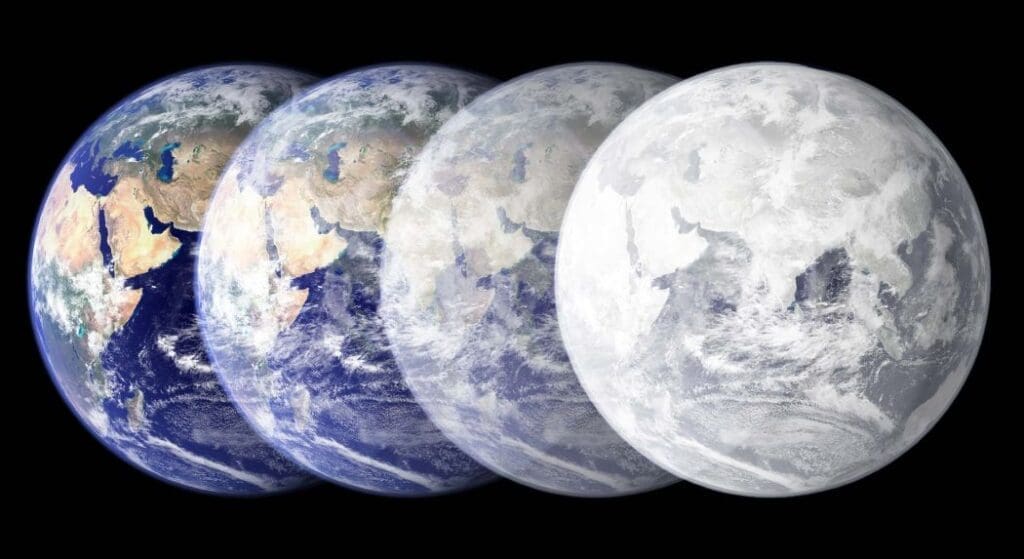Human beings have long been shaped by the evolutionary forces that allowed us to dominate the planet. However, a recent study led by the University of Maine suggests that the same evolutionary processes that led to our success may now pose a challenge in addressing pressing global issues like climate change. This article explores the findings of the study and considers the implications for humanity’s ability to tackle environmental problems on a global scale.
Over the course of our evolutionary history, humans have developed tools and systems to exploit natural resources, enabling our species to spread and dominate the biosphere. This process, known as cultural adaptation, has allowed us to accumulate adaptive cultural traits, such as agricultural practices, fishing methods, and energy technologies, at an accelerating pace. However, this very success is now reaching its limits as we face a planet with finite resources and environmental challenges.
The study, outlined in the Philosophical Transactions of the Royal Society B, delves into how human evolution has contributed to global environmental crises, particularly in the context of resource use.
As human societies expanded, they used more types of resources with greater intensity, leading to widespread environmental impacts. The industrial use of fossil fuels, a cultural adaptation, has created dangerous global environmental problems, including climate change, putting humanity at risk.
To address the climate crisis effectively, the study suggests the need for worldwide regulatory, technical, and economic systems supported by strong global cooperation. However, the research indicates that group-level processes inherent in human cultural evolution may hinder such global solutions. As human groups evolve culturally, they tend to prioritize their own interests, leading to competition and conflict between sub-global groups rather than collaborative efforts on a global scale.
One of the challenges highlighted in the study is the absence of a coordinated global society capable of implementing effective global solutions. Instead, the world is characterized by sub-global groups, such as nations and corporations, whose cultural evolution tends to prioritize their individual interests over shared priorities. This could exacerbate resource competition and potentially lead to global conflicts, making it harder to address collective challenges like climate change.


While the study paints a challenging picture, it also emphasizes the importance of intentional, peaceful, and ethical systems of mutual self-limitation. The researchers suggest fostering cooperative governance at a global scale, building on successful examples like the Montreal Protocol and the global moratorium on commercial whaling. However, they acknowledge that addressing climate change may require a different approach, urging researchers and policymakers to be clear-headed about working toward global solutions.
As humanity grapples with the urgent need to address climate change, understanding the influence of our evolutionary past on our ability to find global solutions becomes crucial. The study from the University of Maine sheds light on the challenges posed by cultural evolution and emphasizes the importance of reevaluating our approaches to governance and cooperation. While the road ahead may be difficult, there is hope that with intentional efforts, humanity can navigate the complexities of its evolutionary past and secure a sustainable future on a limited planet.
Journal Reference:
Timothy M. Waring, Zachary T. Wood, Eörs Szathmáry, ‘Characteristic processes of human evolution caused the Anthropocene and may obstruct its global solutions’, Philosophical Transactions of the Royal Society B: Biological Sciences 379, 1893 (2023) DOI: 10.1098/rstb.2022.0259
Article Source:
Press Release/Material by University of Maine
Featured image credit: Freepik




